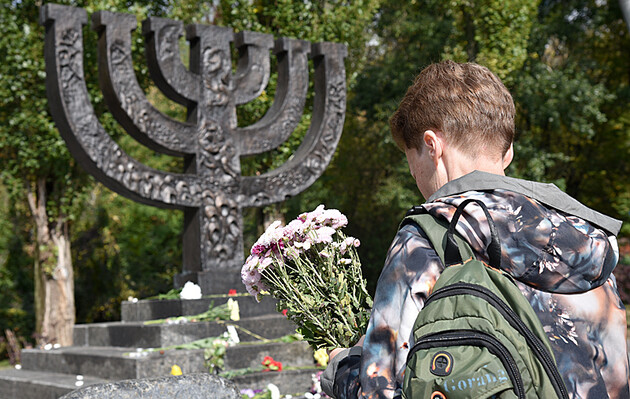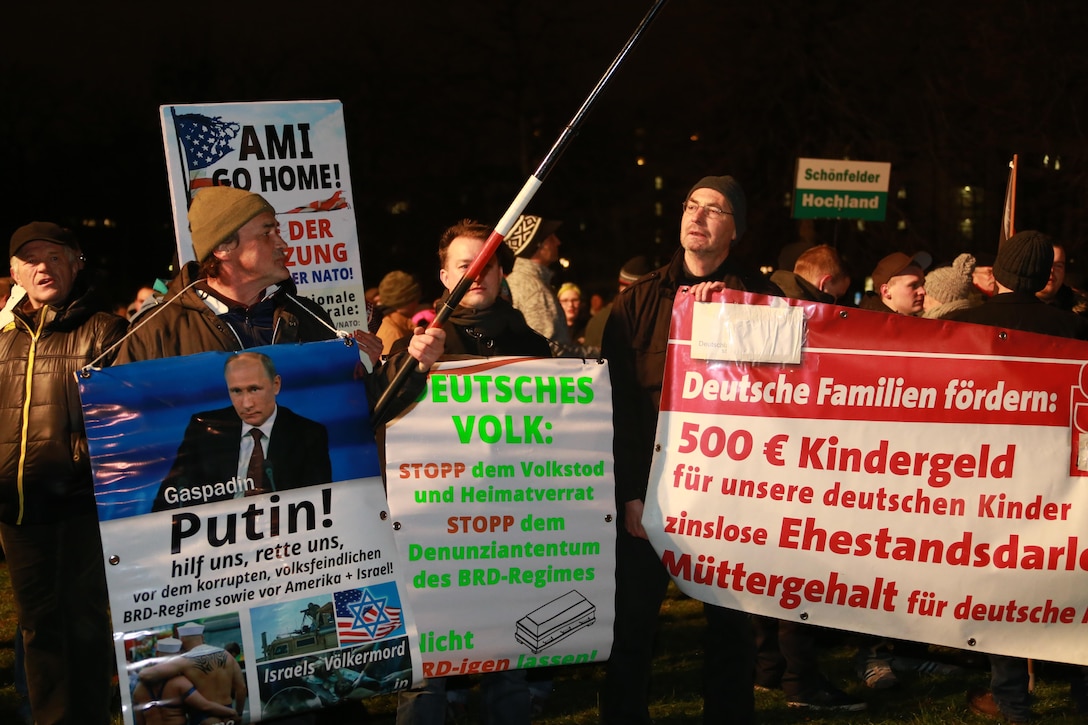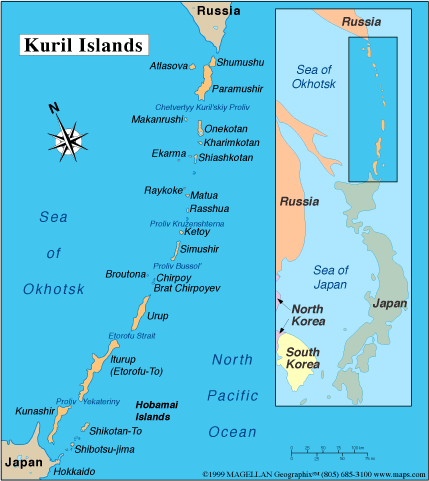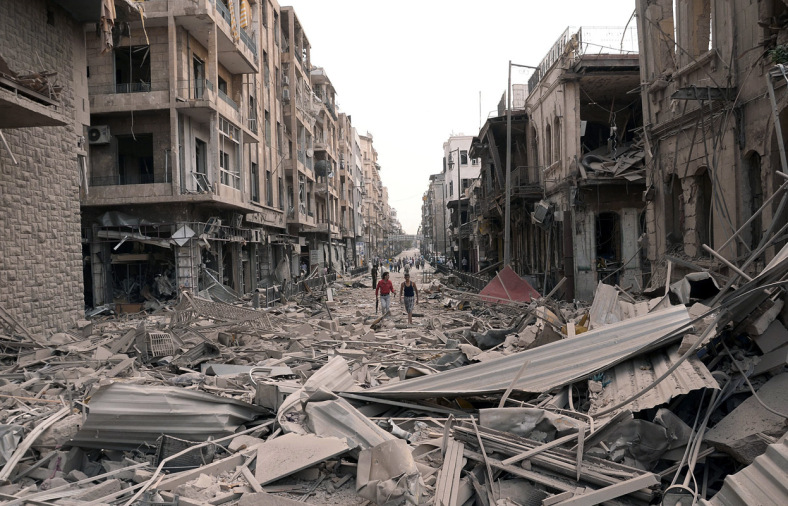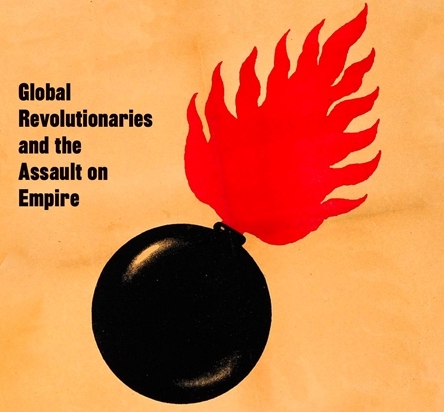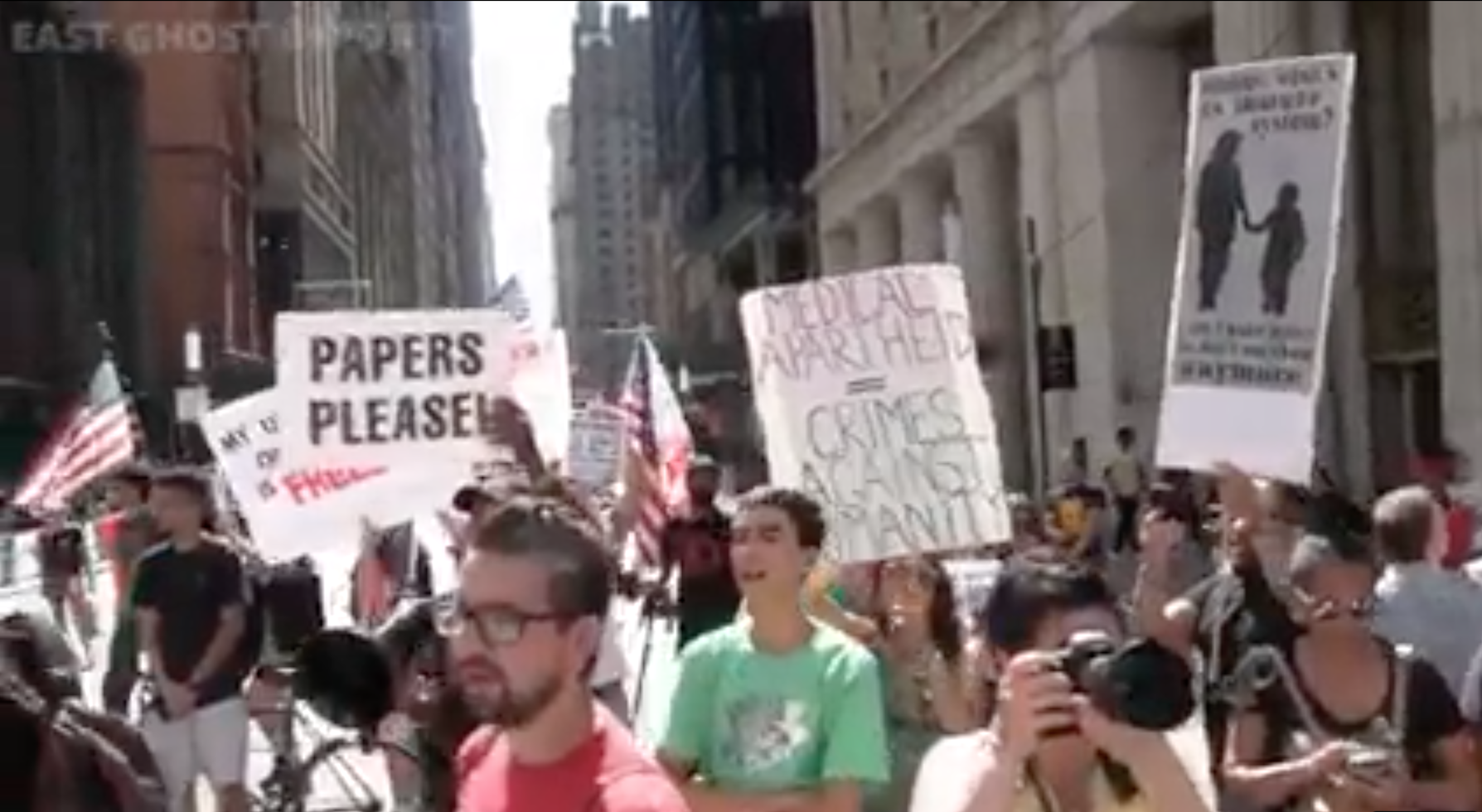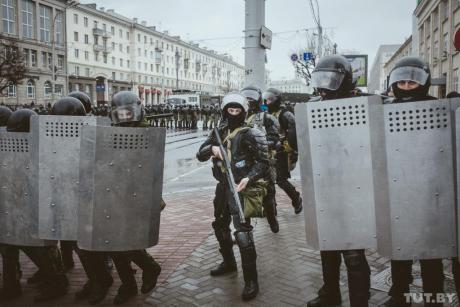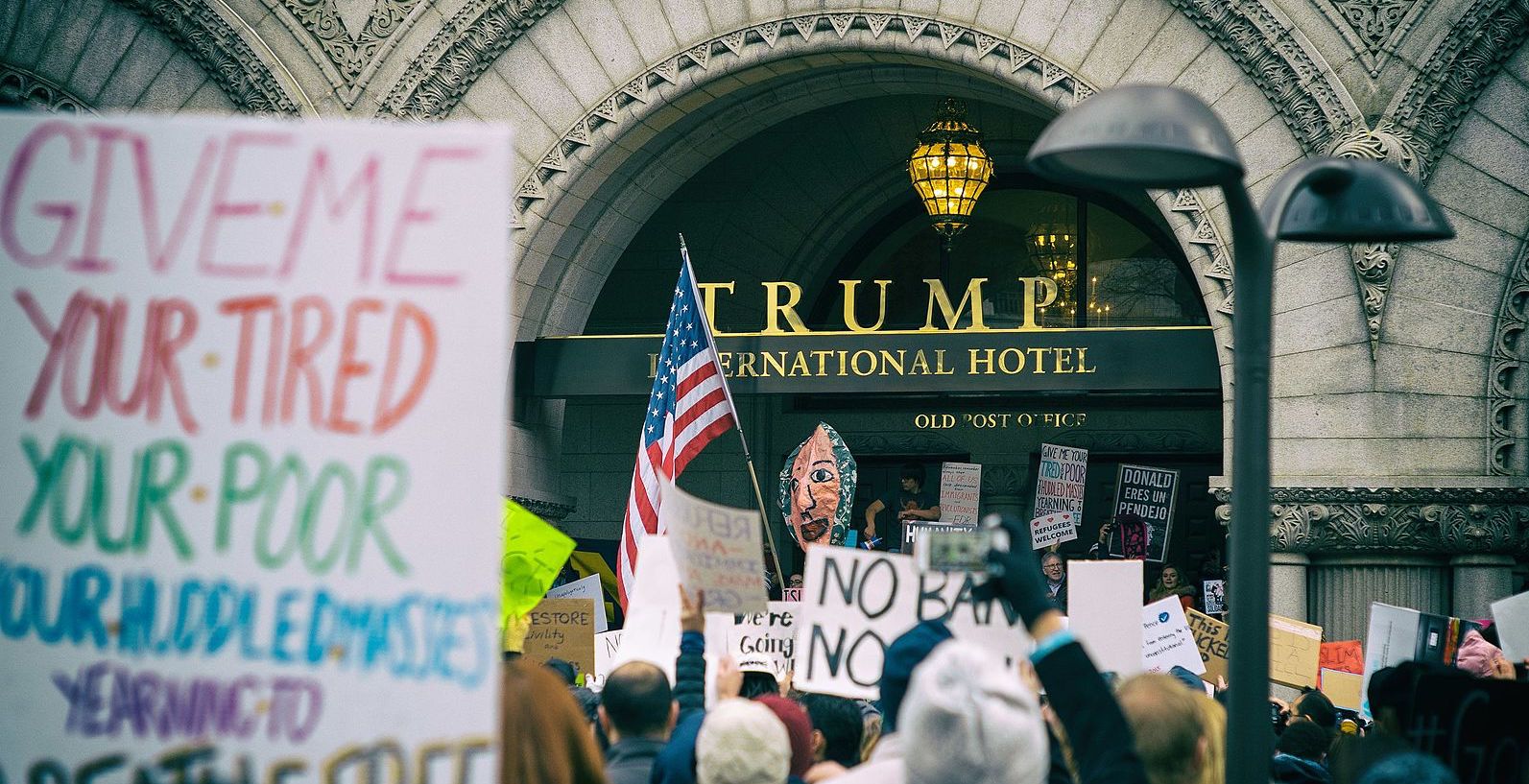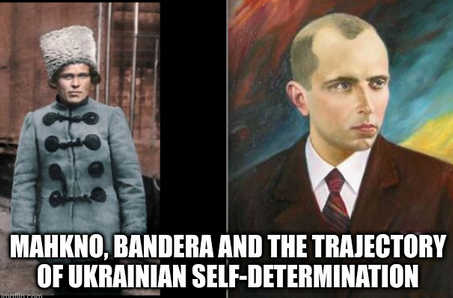
Ukrainian self-determination: Bandera or Makhno?
In Episode 113 of the CounterVortex podcast, Bill Weinberg continues to dissect the cynical fascist pseudo-anti-fascism of Putin’s war propaganda, which portrays any expression of Ukrainian identity or national aspiration as “Nazism.” Much of this hinges on the legacy of Stepan Bandera, the Ukrainian nationalist who collaborated with the Nazis in World War II. Bandera is indeed viewed favorably today by some in Ukraine—just as some in India look favorably upon the Axis-collaborationist independence fighter Subhas Chandra Bose, and some Palestinians lionize the wartime Mufti of Jerusalem who similarly looked to the Axis for support against British imperialism—a reality exploited by Israel’s propagandists. But there is another tremendously important figure who fought the Russians and Germans alike a generation before Bandera, and is nearly forgotten by both “sides” in the current propaganda war—Nestor Makhno, the great Ukrainian anarchist leader of the Russian Revolution. And there is now an anarchist armed resistance to the Russian aggression emerging in Ukraine, reviving the Makhnovist tradition. Listen on SoundCloud or via Patreon. (Graphic: CounterVortex with images via Marxists Internet Archive, Ukrainian Youth Union)



